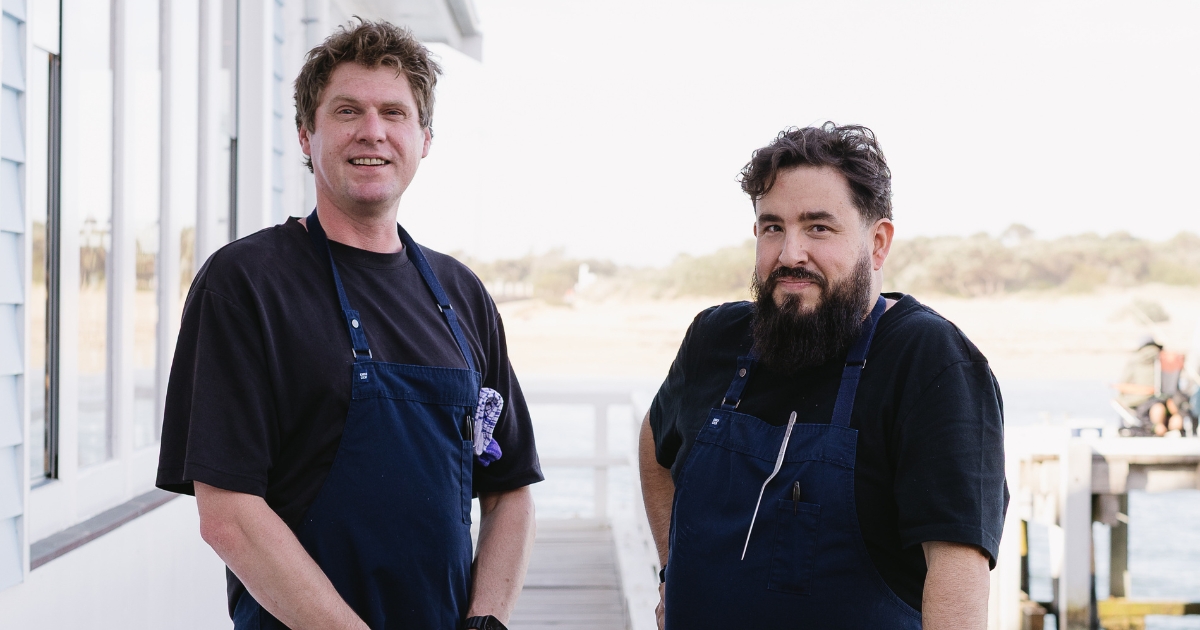Dispelling myths and stopping the violence

The SAFV CEO Helen Bolton says Sexual Assault Awareness Month is a time to remind the community that preventing sexual assault is everyone's business. Photo: FACEBOOK/BPW GEELONG
April is Sexual Assault Awareness Month, a time to honour the voices and experiences of those affected by sexual assault, raise awareness and educate the community on how we can all play a part in prevention.
The Sexual Assault & Family Violence Centre (The SAFV Centre) says the month is a time to focus on this prevalent but preventable issue, by raising awareness, sharing valuable trauma-informed information, and highlighting how as a community we can help prevent sexual assault.
Helen Bolton, the centre’s chief executive officer, said campaigns such as Sexual Assault Awareness Month brought the crime of sexual violence to the forefront of public consciousness and underscored that prevention was everyone’s business.
“Sexual assault is any behaviour of a sexual nature that makes someone feel uncomfortable, frightened, intimidated or threatened. Sexual assault is an abuse of power. There is consistent evidence that sexual offending is a gendered crime.
“Prevention of sexual violence requires many types of actions and initiatives including in our homes, workplaces, schools, clubs, and the media.”
According to the recently released National Community Attitudes towards Violence against Women Survey, one-third of respondents believe women use sexual assault claims as retribution and nearly one in four believe women make allegations because they regret consensual sex.
Ms Bolton said such persistent myths including the belief that false allegations of sexual assault were common must be addressed, as false allegations were uncommon.
She said it was more concerning that there was still a very high level of underreporting of sexual assault to police, often due to the stigma and blame a victim may receive.
“It’s unfortunate that even though we have the data, facts and the knowledge, to show that sexual violence is the choice and responsibility of the offender, people are still choosing to remain uninformed on the matter and perpetuate harmful myths and outdated beliefs.
“Too often, our society sends the message that sexual violence is the caused by the behaviour of a victim survivor rather than the choices and actions of the perpetrator. We should never blame a victim for what happened to them — sexual violence is an action that one person chooses to inflict harm on another.
“Although attitudes are often persistent, through education, advocacy and community development we can combat the issues of power, inequality and disrespect and encourage safe, healthy and respectful relationships.
She said sexual violence had a devastating impact on victim survivors, their families and the wider community.
“We all have a responsibility in coming together to support victims of sexual assault, remove stigma and shame, and challenge harmful attitudes and beliefs that lead to sexual violence.
“Our specialist organisation is focused not only on providing support for those impacted by sexual violence every step of their journey to recovery, but also providing early intervention programs and primary prevention initiatives to help inform and change community attitudes to stop violence before it happens.”
If you or someone you know needs support for sexual and family violence, phone The SAFV Centre on 03 5222 4318 or [email protected] for support in the Barwon area.
For support after hours, weekends and public holidays, phone the Sexual Assault Crisis Line (24 hours) on 1800 806 292 or safe steps on 1800 015 188.

















